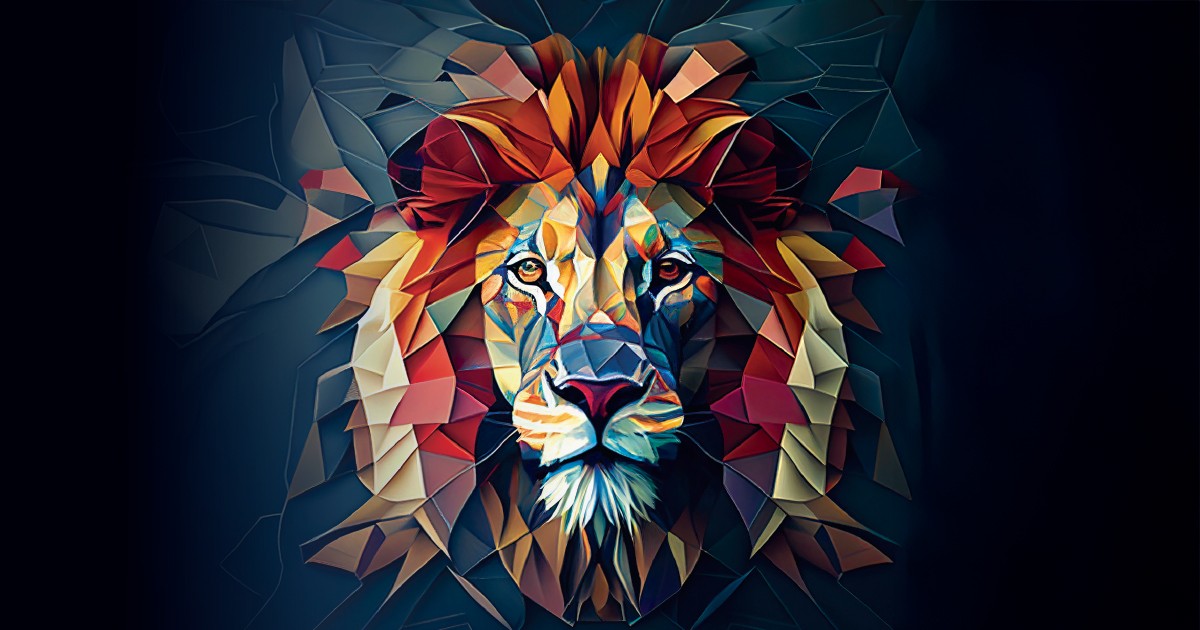Humans love control. Some 12,000 years ago, people started to control their environment as they farmed an area known as the Fertile Crescent, in what is now Syria and Iraq. They developed crops they could predict, doing away with a gathering lifestyle where they relied solely on the wild, untamed lands.
Animals came next, with cattle, horses and sheep, to name a few, brought under human control. Who doesn’t love when a dog rolls over on command, or comes when called?
The process of taming an animal or cultivating the land for food is called domestication. It is a complex and multistage biological process that changes members of a given species behaviourally, morphologically and physiologically, relative to its wild ancestors. Thousands of years ago, some form of domestication could be found throughout Europe and Asia and in parts of Africa, Australia and the Americas.
But it didn’t end there. Humanity’s desire for control has led us to wage war, to colonize our neighbours and to industrialize the world. Our desire to domesticate—to control—is insatiable.
In our desire to control what is often an uncertain and unpredictable world, it sometimes feels we’ve gone so far as to try to domesticate God.
While it is true that God’s character is the same yesterday, today and forever (see Hebrews 13:8), God is also uncontrollable, untameable and unpredictable—I might be so bold as to say that God is wild. Yet, time and time again, we attempt to fit him into a box that we can define and control to serve our own needs.
TRUE FAITH IS NOT ABOUT CONTROLLING OR PREDICTING GOD’S ACTIONS
We use Bible verses taken out of context to provide a false sense of security, or to rationalize our selfish desires. We shirk off answers to prayer that make us uncomfortable and instead spout empty platitudes. We make our own plans and tie God’s name on as a bow.
And we are repelled by any version of God that does not fit our mould.
The temptation to domesticate God can lead to a distorted view of faith, in which God is used to justify our actions or grant requests on command, as if he were a cosmic vending machine or well-trained pet.
Ultimately, a domesticated God is one who is no longer seen as the Creator of the universe who holds ultimate power and authority, but rather as a tool used to fulfil our human desires. We have seen this happen repeatedly throughout history when leaders have used Christian language and biblical references to enact evil plans. And we see it daily in our own lives when we offer God a laundry list of selfish requests rather than seeking his guidance.
While the temptation can be great to reduce God’s vastness and awesomeness into something tameable, true faith is not about controlling or predicting God’s actions. It is about surrender, trust and the willingness to accept that God’s ways are better than our own, even when they are unexpected or complex. We do not need a pet God. We need a great, wild, almighty God who knows us better than we know ourselves, and whose plans for his kingdom far surpass our limited mortal view.
Jesus’ prayer in the Garden of Gethsemane, “Not my will, but yours be done” (see Luke 22:42), offers us a model for our own redemptive prayers as we seek to acknowledge God as the one guiding all things. If we are to ensure we are not domesticating God, we must give ourselves over to the task of discernment before acting on our own. We must ask questions—Where is God already at work in the world? What is God’s will in this situation? How can I come alongside God and be part of his kingdom work?
Creator, forgive us for trying to control what is not ours to control. Forgive us for trying to domesticate you, who are over and in all things. Help us to be OK with the often wild and always untamed God that you are. Even untamed, we can trust in you, God, because you are always, always good.
CAPTAIN LAURA VAN SCHAICK is the corps officer at Barrhaven Church in Ottawa, and the divisional secretary for women’s ministries in the Ontario Division.
Illustration: Devon/Lightstock.com
This story is from:










Leave a Comment